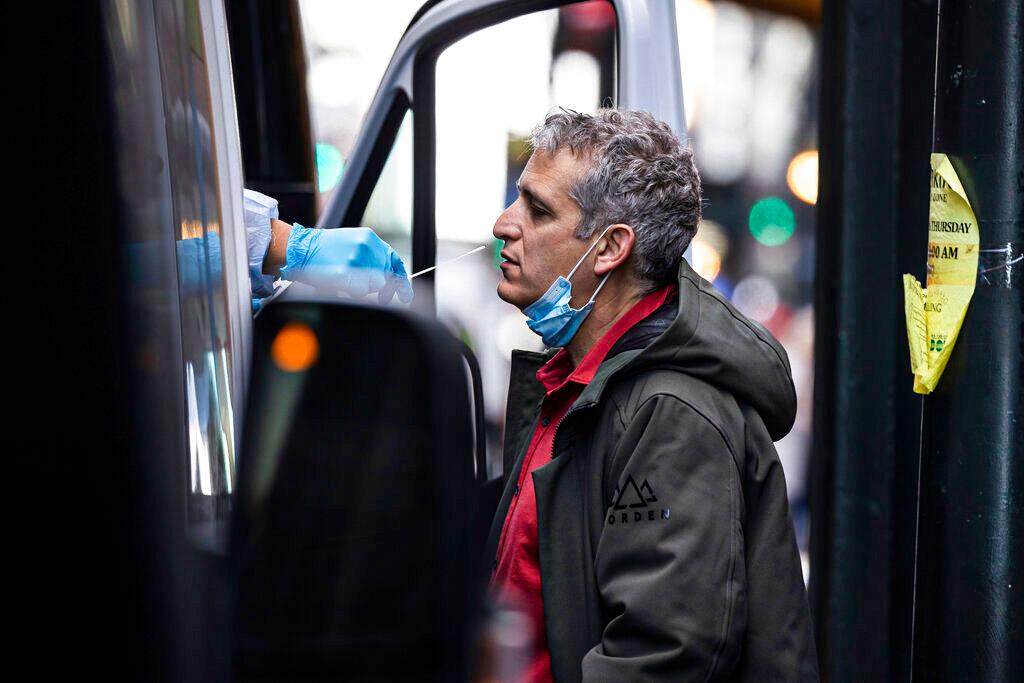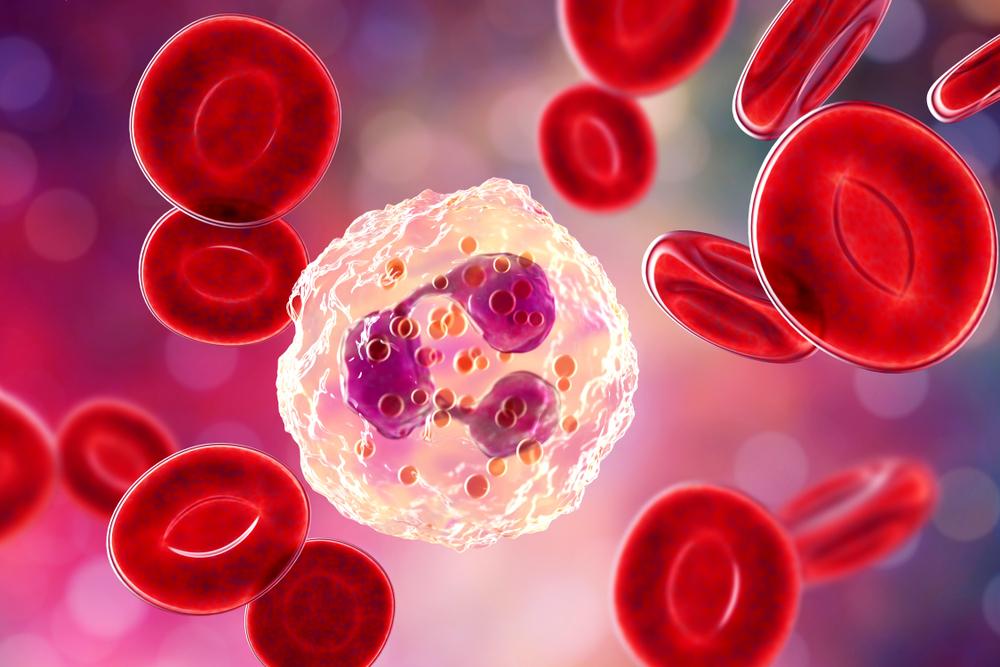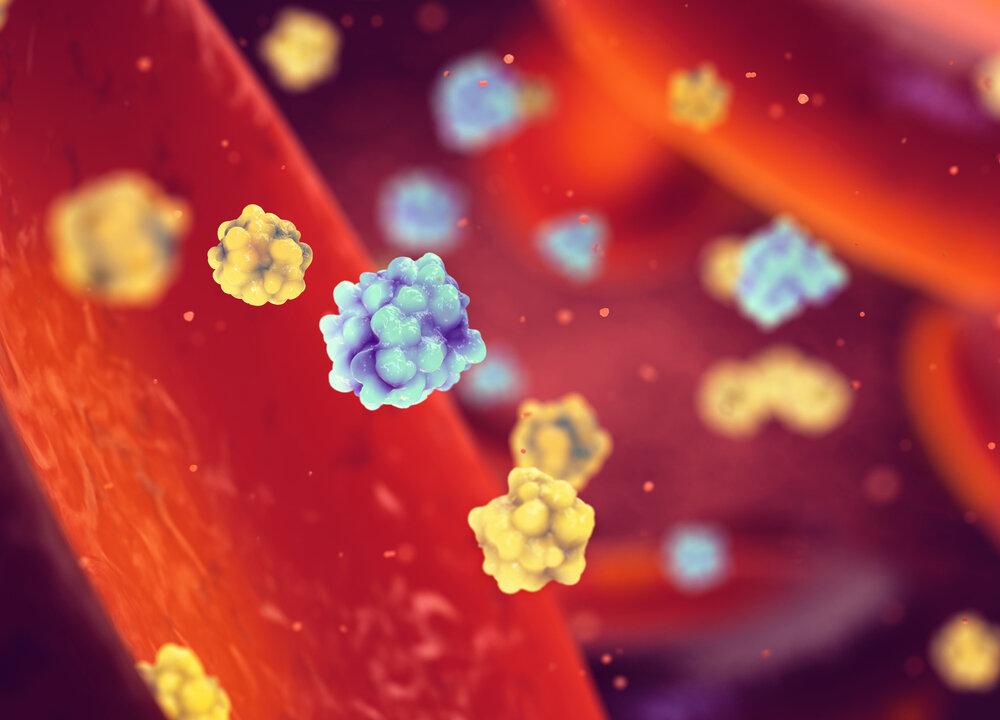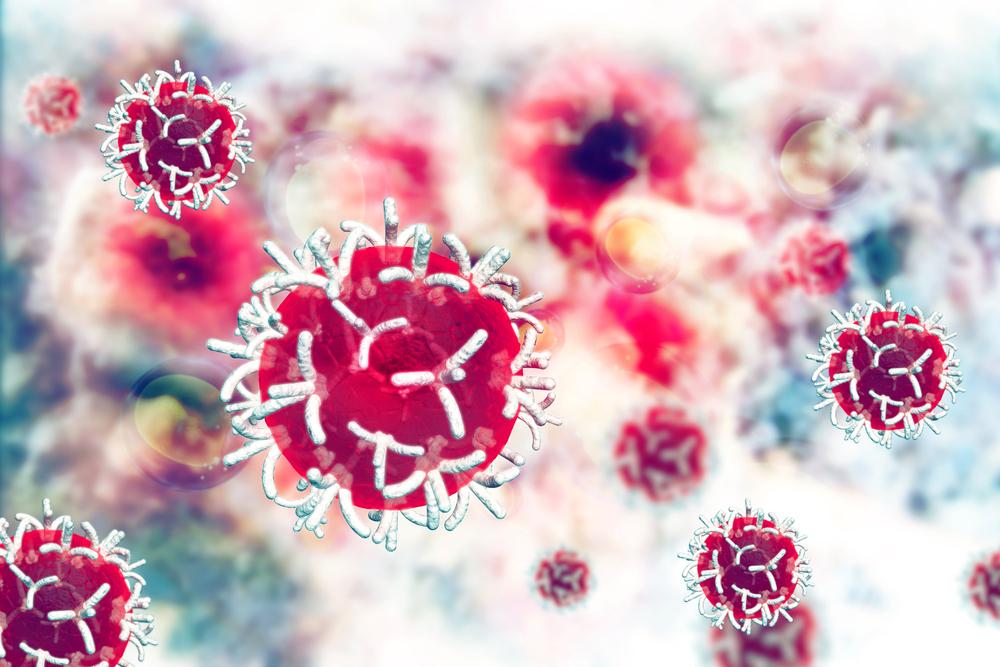Dr. Omar Hamada on Dec. 1 said that the Omicron variant of COVID-19 may provide natural immunity without inducing severe illness, as the symptoms so far resemble more of a “mild, common cold” in South Africa.
In an interview with NTD’s “Capitol Report,” the emergency room doctor and former U.S. Army Special Forces lieutenant colonel said that even though “we’re seeing an uptick in [the] number of people affected, the severity of disease seems to be, at this point, minimal.”





